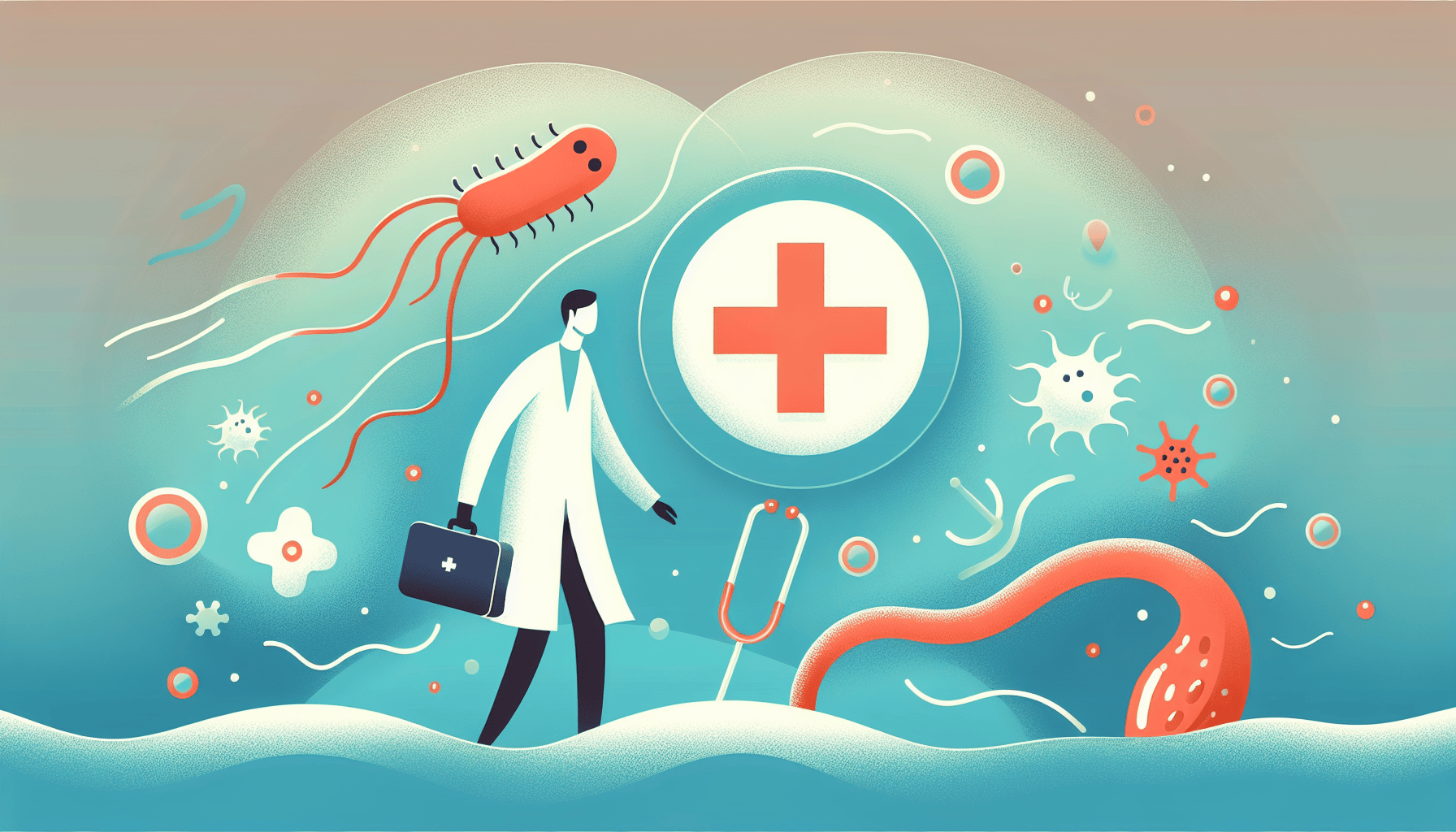Salmonella is a type of bacteria that can cause an illness called salmonellosis or salmonella infection. It's a common condition, with over a million cases reported in the United States each year, according to the Centers for Disease Control and Prevention (CDC).
What Causes Salmonella Infection?
Salmonella bacteria can be found in the intestines and feces of people and animals. The infection often spreads through contaminated foods, such as:
Raw or undercooked meat, poultry, and eggs
Unpasteurized milk and dairy products
Raw fruits and vegetables
Processed foods like chicken nuggets and nut butters
You can also get salmonella through poor handwashing after using the bathroom or handling pets like dogs, cats, birds, and reptiles.
Symptoms of Salmonella Infection
The main symptoms of salmonella infection are related to the digestive system and may include:
Symptoms usually start 12 to 96 hours after infection and can last 3 to 7 days. Most people recover on their own at home, but some may experience complications like dehydration or reactive arthritis.
Treating Salmonella Infection
Treatment for salmonella poisoning typically focuses on staying hydrated and replacing lost electrolytes. Drink plenty of water and other fluids, and consider using a rehydration liquid like Pedialyte. In severe cases, your doctor may recommend:
Anti-diarrheal medication (e.g., loperamide)
Antibiotics for severe illness
Intravenous (IV) fluids for dehydration
Preventing Salmonella Infection
To reduce your risk of getting salmonella, follow these tips:
Cook meat, poultry, and eggs thoroughly
Wash raw fruits and vegetables well
Avoid unpasteurized milk and juice
Wash your hands frequently, especially after using the bathroom or handling animals
Keep kitchen surfaces clean and avoid cross-contamination between raw and cooked foods
If you suspect you have salmonella infection and your symptoms persist for more than a week or become severe, consult your healthcare provider. For more information, visit the Mayo Clinic or World Health Organization websites.
The Bottom Line
This foodborne illness resolves on its own in most cases with proper hydration, but prevention through safe food handling and adequate cooking temperatures is your best defense. Seek medical attention for high fever over 102°F, signs of dehydration, or bloody stools. If you're experiencing concerning symptoms, Doctronic can help you determine whether you need immediate care.



